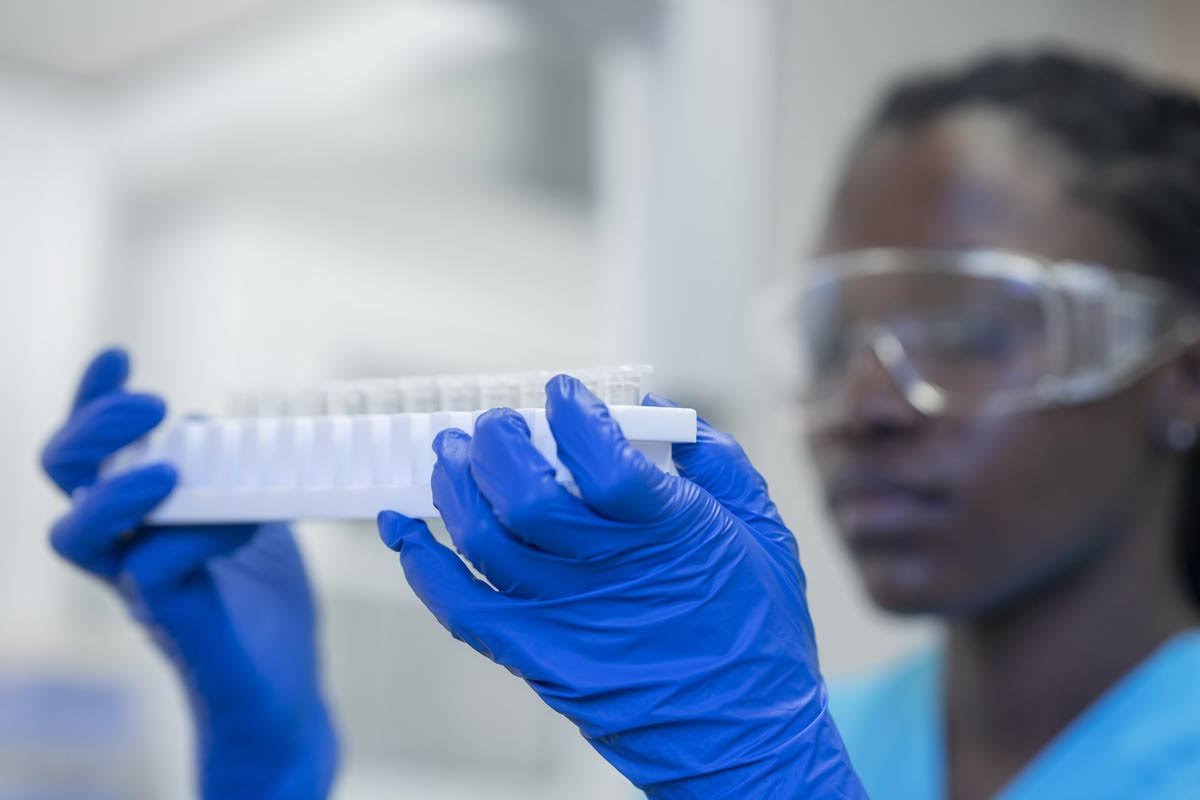Korede Abdullah in Lagos
The International Foundation Against Infectious Diseases in Nigeria (IFAIN) has launched a five-year background study to investigate the adverse effects of vaccines in the country.
Working with the Global Vaccine Data Network under a project titled Background Rate of Adverse Events for Vaccine Evaluation in Africa (BRAVE), the foundation has selected four hospitals—Federal Medical Centre, Owo; Irrua Specialist Teaching Hospital; University of Benin Teaching Hospital; and Abubakar Tafawa Balewa University Teaching Hospital (ATBUTH), Bauchi—for the study.
IFAIN’s country director for research, Bernard Ebruke explained, “The project aims to understand some conditions that may be associated with vaccines… so that when the vaccine is introduced and we see there is a change in the population, we know that there is a change in the population.”
Ebruke further stressed that the study will help establish baseline data to identify whether any adverse conditions that appear later can truly be linked to vaccines.
“This helps us assess whether any changes observed afterwards can be attributed to the vaccine or not. That is the core objective of the project,” he said. He added that the initiative would also strengthen Nigeria’s health system by boosting capacity for data collection and surveillance.
Speaking on the importance of the project in Bauchi on Monday at the ATBUTH Conference Hall, Chief Medical Director, ATBUTH, Professor Yusuf Jibrin Bara, described it as critical for vaccine safety and readiness. “We are fortunate to have an organisation that provides us with significant capacity building… very soon, you will see us begin vaccine trials. The first one we are starting with is Lassa, and more are coming,” Bara said.
He emphasised that “having some background information is necessary because many new drugs and vaccines are emerging, and they may have adverse effects… this will help us determine whether any effects are caused by the vaccine or the patient.”



